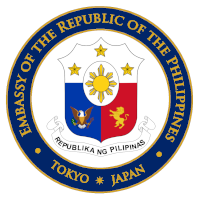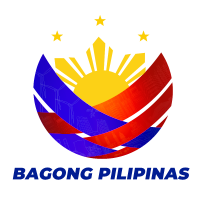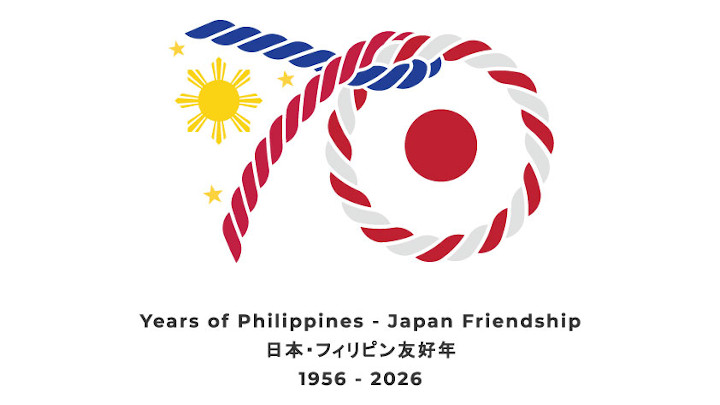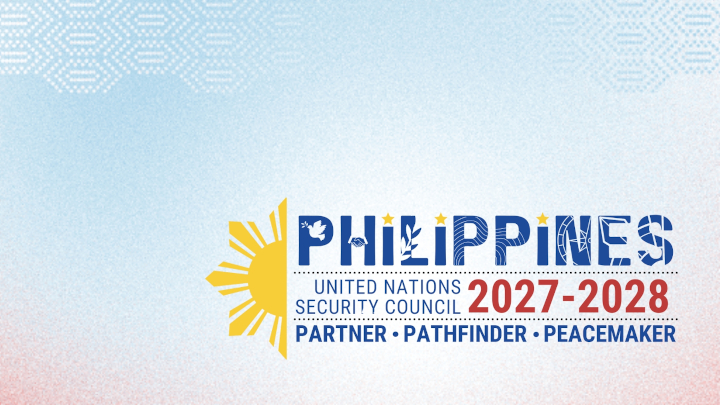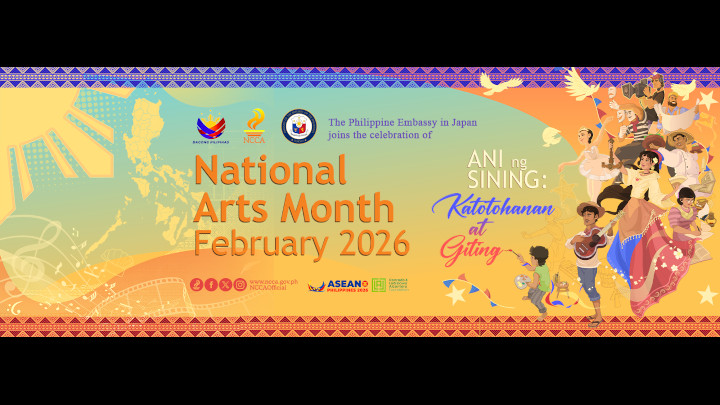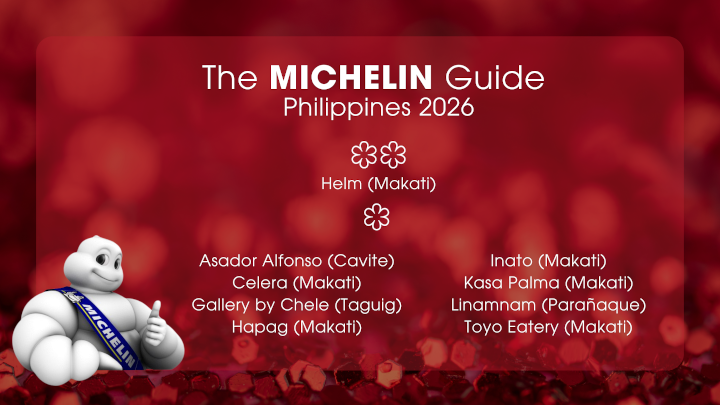Ferdinand Romualdez Marcos Jr.
The 17th President of the Republic of the Philippines
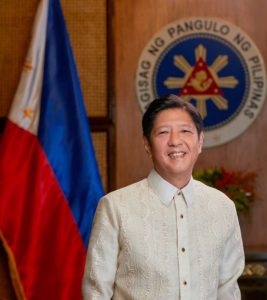
President Ferdinand Romualdez Marcos Jr. has dedicated his life to serving the Filipino people for over two decades. His long and faithful service has been one characterized by his genuine care for the welfare of his constituents, and a firm determination to elevate the quality of life of every Filipino.
Early Life
Ferdinand Romualdez Marcos Jr., commonly referred to as Bongbong and by the initials BBM, was born on the 13th of September 1957 in the town of Batac, Ilocos Norte. He attended La Salle Greenhills elementary school (1964), and completed his secondary education at Worth School in West Sussex, England (1974). He earned a Special Diploma in Social Studies from Oxford University (1978). Bongbong subsequently enrolled at the Wharton School of Business for a Master of Business Administration, which was eventually cut short due to him being elected in 1980 as Vice Governor of his home province, Ilocos Norte.
Family
Bongbong is the only son and namesake of the late former President Ferdinand E. Marcos Sr. and former First Lady Imelda Romualdez Marcos. He has three sisters: Imee, Irene and Aimee.
In 1993, Bongbong married Louise “Liza” Cacho Araneta. They are blessed with three children: Ferdinand Alexander “Sandro”, Joseph Simon and William Vincent “Vinny”.
Service Record
Governor
Ever-present and dominant throughout Bongbong’s upbringing was the idea of public service. Having his youth and formative years spent in Malacañang and witnessing firsthand the single-minded dedication of his parents to serve country and people, he had determined from a very young age to devote his life to public service and the welfare of his people.
When the people of Ilocos Norte gave Bongbong their mandate and elected him Governor, his term was marked by a greater importance placed on improving the province’s agriculture; support for the establishment and operation of cooperatives that promote better market opportunities to local farmers; the construction of numerous agricultural processing and storage facilities; and a policy environment that encouraged and promoted greater investments in sustainable development and renewable sources of energy.
Bongbong’s openness and keen interest in promoting alternative and sustainable sources of energy was instrumental and consequential in attracting big-ticket renewable energy investments to the province. His strong support and active push served as a key driver that led to the development of Southeast Asia’s first wind farm – the Bangui Windmills – establishing the province and the region as a leader and champion for a broader shift to renewable energy and the sustainable use of the country’s natural resources.
My greatest fear is to come into this world, live and die, and nothing changes. Nabuhay ako, ang tagal ko sa mundong ito na walang natulungan, wala akong naipaganda.
Congressman
When Bongbong served as Representative of the 2nd District of the Province of Ilocos Norte, he authored and co-authored several house bills and resolutions, most of which were of local scope and geared towards the needs of his constituency.
Bongbong advocated for the establishment of a special economic free port zone in Ilocos Norte to help spur economic growth and foreign investment in his home province. He also strongly lobbied for the inclusion of subjects on Nationalism in the curricula of primary, secondary, and tertiary schools, as well as for stronger government support for indigenous formal and informal learning systems.
Bongbong, having already established himself as a strong advocate for the responsible and sustainable use of natural resources and alternative or renewable sources of energy, filed House Bill No. 8617 on the establishment of a National Institute for Clean Energy Research. The Bill aimed to provide Filipino scientists and engineers an environment that would support further training, research, and development of indigenous technologies that use renewable sources of power.
Senator
During Bongbong’s time as a Senator of the Republic, he prioritized providing support to Overseas Filipino Workers (OFWs) through the authorship of Senate Resolution No. 379, tasking the Senate Committee on Foreign Relations to look into the remedial measures taken by the Department of Foreign Affairs (DFA) in protecting the welfare and interests of OFWs and Filipinos seeking employment in Taiwan.
Bongbong also served for several years as the Chairman of the Senate Committee on Local Government. Drawing from his considerable experience serving as Governor of his home province, he strongly advocated for greater Local Government reform and sought to empower them through the provision of more extensive, comprehensive, and responsive national government support.
True to form, he further committed his time in the Senate to pursue his aspiration of providing Filipinos with sustainable, affordable, and reliable energy through the Bills and Resolutions he filed such as:
Senate Bill No. 2593: Hydrogen Research, Promotion, And Development Act of 2010
Senate Bill No. 2885: Climate Change Education Act of 2011
Senate Bill No. 410: The Philippine Green Building Act
Senate Bill No. 2097: PAGASA Modernization Act (RA 10692)
Senate Resolution No. 622: Energy Infrastructure System
Undeterred by his defeat in 2016, and fully committed to his vision of a united Philippines, Bongbong decided to run for the highest office in government in 2022. He has remained resolute in his desire to steward the Filipino people towards an era of progress and development.
His campaign for the Presidency was anchored on the theme of unity which found resonance in the hearts and minds of millions of Filipinos. He invited them to co-create with him a country that prioritizes growth, collaboration, and a participatory society. His campaign message of unity and people moving in unison, strived to give a voice to Filipinos all around the nation, who believe in a brighter future for themselves and their children; a vision embodied in his campaign slogan: sama-sama tayong babangon muli.
On the 9th of May 2022, over 50 million Filipinos turned out at polling stations in the largest demonstration of democracy the country has ever seen. When the votes were counted, they revealed that 31 million Filipinos — 58% of those that actually voted — placed their trust in Bongbong Marcos, becoming elected with the largest vote count of any Presidential candidate in the nation’s history.
As President, Bongbong Marcos vows to be a leader for every Filipino and stands steadfast behind his vision of uniting the nation and delivering a brighter future for the people.
A New Era
President Bongbong chose windmills to represent his campaign as a universal symbol of hope and resilience. It signals a new era for the Philippines’ willingness and readiness to address pressing problems, and to re-energize development. It is a token of Bongbong Marcos’s commitment to positive change and to giving new hope to all Filipinos.
This change is not a small endeavor and will require each and every Filipino to work together. BBM’s campaign rallied Filipinos under a message of unity, and that message will be the cornerstone of his policy agenda over the next six years.
